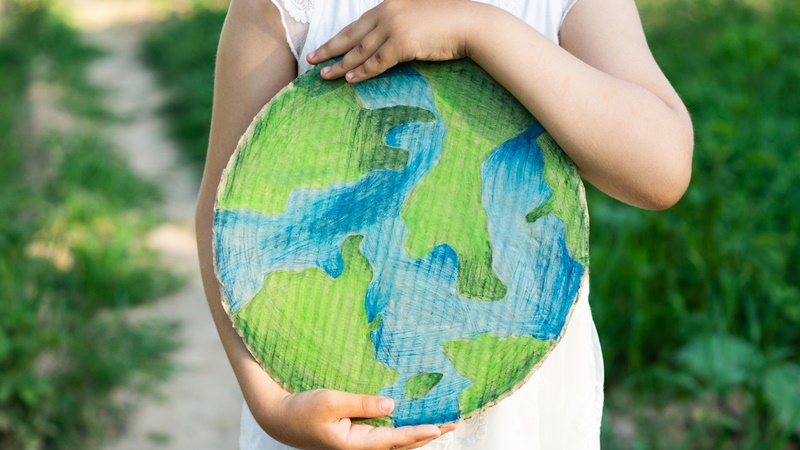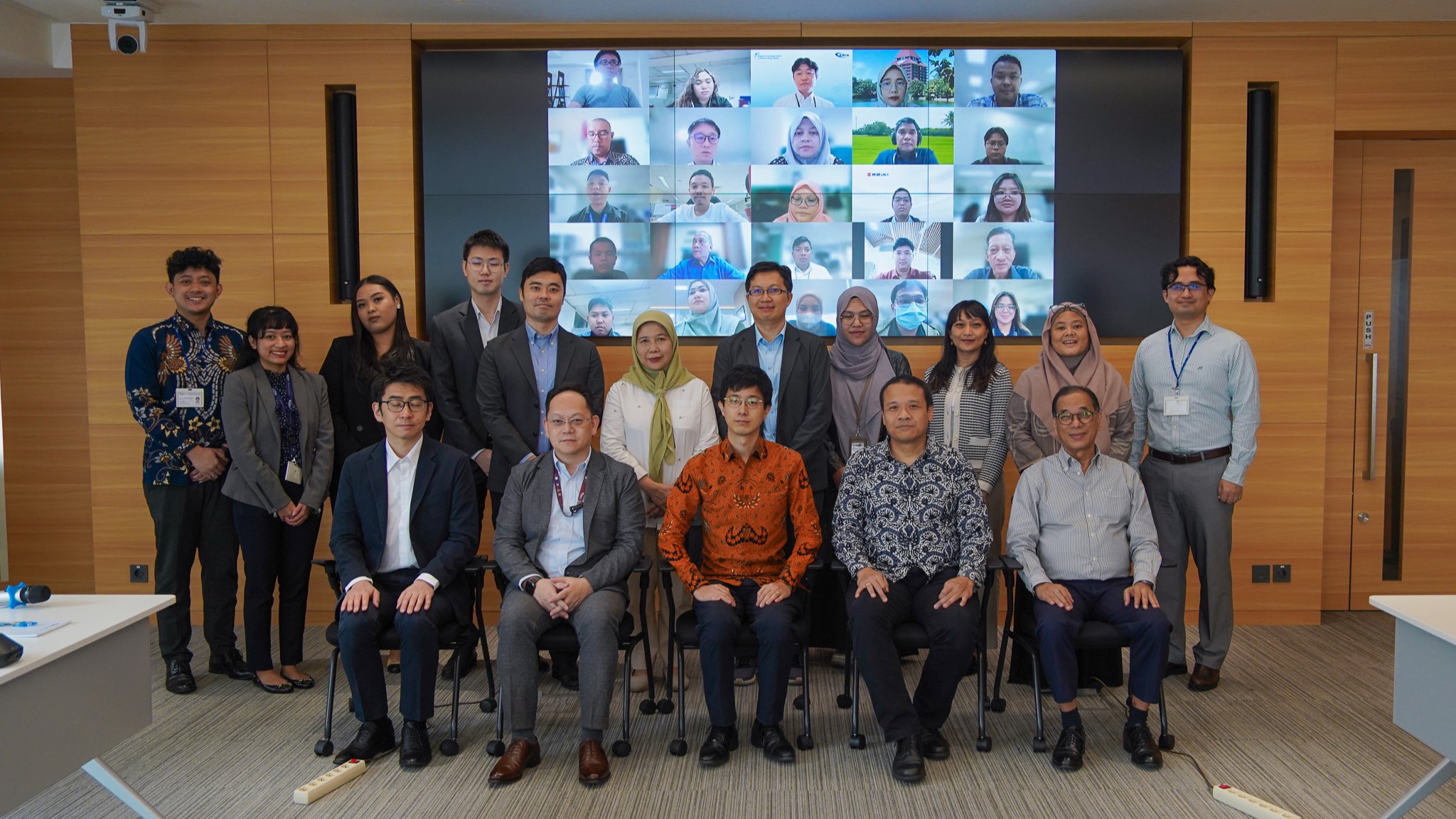Offsetting Our Carbon Footprint: A Way to Make Everyday Earth Day
Date:
22 April 2022Category:
OpinionsTopics:
Energy, Sustainable Development GoalsShare Article:
Print Article:
By Ms Dian Lutfiana and Ms Citra Endah Nur Setyawati, Research Associate: Since 1970, the world has celebrated Earth Day every year on 22 April to showcase support and commitment to environmental protection. However, every day should be considered Earth Day to preserve and protect the health and livelihoods.
In early 2020, the world faced an unprecedented situation as the COVID-19 disease struck globally, placing most countries under lockdown and resulting in significant alteration of many government policies on energy demand, especially on the transport sector. With many international borders closed and most people forced to stay home, transport patterns have been reduced whilst consumption patterns have changed. As a result, daily global CO2 emissions of the transport sector decreased by 17% by early April 2020 compared to the 2019 levels (Le Quéré, et al., 2020).
However, the abrupt decline of global CO2 emission during the pandemic might not stay longer as most countries have started opening their international borders at the end of 2021 and international travel has risen significantly at the beginning of 2022. In Indonesia, the government has issued a new policy to ease restrictions for domestic and international travel starting March 2022. A negative COVID-19 test result is no longer required if the traveller has received a vaccine-booster or a third anti-COVID-19 vaccination.
IEA study (2021) showed that the global energy-related CO2 emissions rose by 6% in 2021 to 36.3 billion tonnes (BT) as the world economy rebounded from the COVID-19 crises from the previous year, 2020. Rapid carbon emissions will inevitably rebound and will keep rising without substantial government efforts to slow them down. Hence, as individuals, we must take steps to mitigate the climate problem, one of which is to offset our carbon footprint.
Carbon offset broadly refers to a reduction in greenhouse gas (GHG) emissions that is used to compensate for emissions elsewhere. Carbon offset is considered a way to trade carbon. Organisations, companies, and individuals can counteract their GHG emissions by purchasing carbon offsets. Mostly voluntary, carbon offset aims to balance the amount of carbon emitted with some methods to absorb the emission. Simply, emissions contributed by air travel, for instance, may be absorbed by afforestation, use of renewable energy, and investment in carbon-reduction projects.
Carbon offset may be an important tool to try to become 'carbon neutral' or 'climate neutral’ but reducing emissions to zero through renewables or energy efficiency measures may not be feasible. Carbon offset has many advantages. The International Energy Agency Greenhouse Gas (IEAGHG) R&D Programme (2007) stated that a good carbon offset project not only promotes environmental objectives but also creates supplemental benefits to local communities. It can spur economic development, improve the quality of life, or increase recreational value. Carbon offset can be profitable for companies that invest in it.
However, carbon offset projects need to be carefully carried out, so they do not contribute to further environmental degradation or become scams as the company uses offsetting method as only a label of their corporate sustainability responsibility actions instead of changing or reducing their emitting behaviour. They should be strictly monitored and verified. Additionally, communities' participation in carbon offset is critical to achieving the goal of carbon offset while also helping to protect the environment.
Carbon offset alone cannot curb carbon emissions. The best way to act is by cutting down the emission from its sources. Nevertheless, the increase in CO2 emissions caused by travels that resumed after the COVID-19 issue had eased might be mitigated by implementing a carbon offset projects.
To persuade individuals to offset their carbon footprint, they must first understand why it is important to do so. Scientists have cited the importance of changing behaviour to reduce emissions, although it is challenging and often entangled in social and cultural difficulties. Education and awareness-raising are needed to guide the community towards creating a sustainable environment. Last but not least, environmental initiatives and programmes in educational institutions and public communication should be promoted as they play a major role in negating carbon emissions.
This opinion piece was written by ERIA's Research Associate, Ms Dian Lutfiana and Ms Citra Endah Nur Setyawati. It has been published in The Bangkok Post, The Jakarta Post and The Borneo Bulletin. Click here to subscribe to the monthly newsletter.
Disclaimer: The views expressed are purely those of the authors and may not in any circumstances be regarded as stating an official position of the Economic Research Institute for ASEAN and East Asia.







